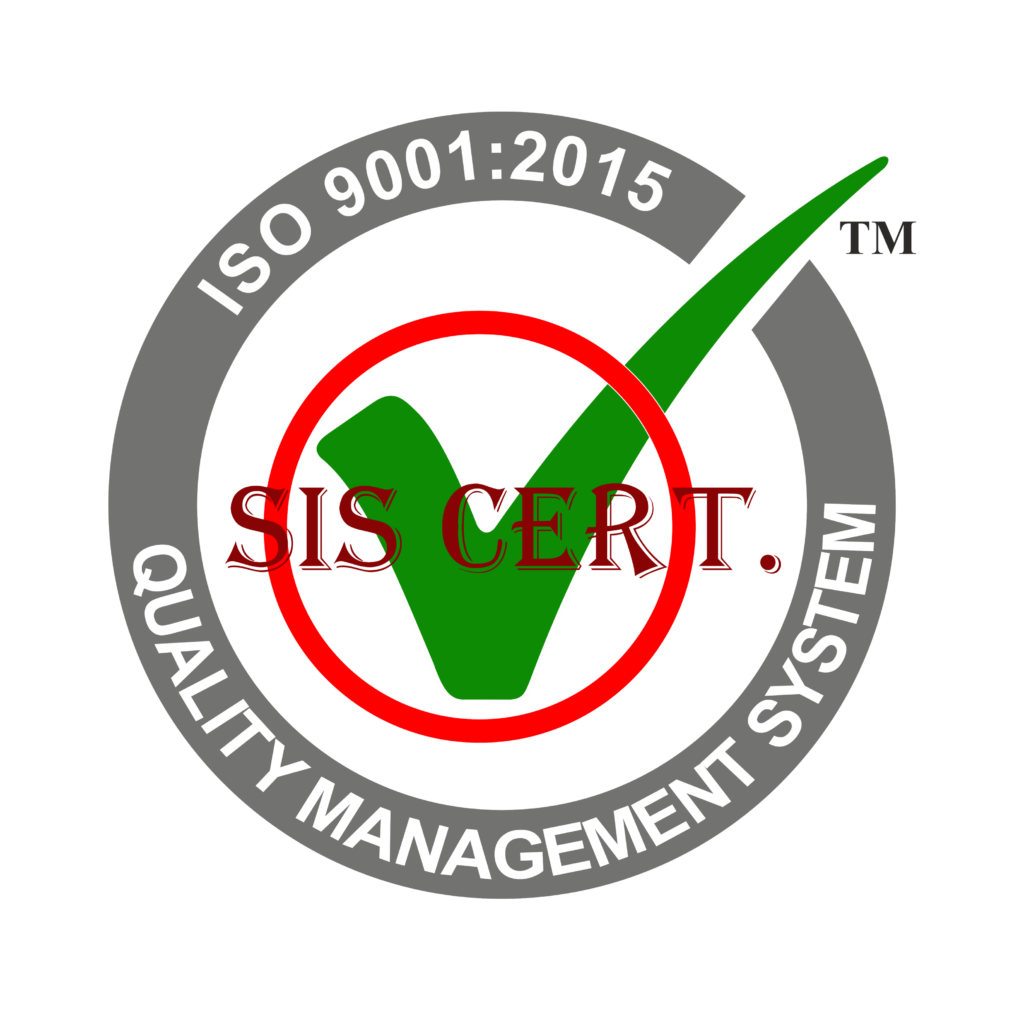The stainless steel industry has seen incredible advancements in recent years, revolutionizing the way that steel is produced. Through innovative processes, the industry is able to achieve higher levels of production efficiency, automated processes, advanced quality control, and cost reduction.
This article looks at some of the astounding innovations in steel manufacturing processes that have been made in recent years.
Key Takeaways
- Modern production processes and technologies in steel manufacturing have revolutionized the industry, including innovative processes in stainless steel manufacturing.
- These advancements, such as computer-controlled machines and new alloys, have contributed to improved efficiency, precision, and longer-lasting, more reliable stainless steel products.
- Cutting-edge automation techniques and advances in metallurgy have increased efficiency in stainless steel production, reducing waste, using fewer resources, and allowing steel producers to stay competitive in the global marketplace.
- Advanced quality control measures, including rigorous quality assurance protocols, innovative sensors, and real-time monitoring, have improved steel quality, reduced costs, and delivered reliable stainless steel products.
Modern Steel Technologies
Though advancements in technology have revolutionized many industries, steel manufacturing has seen some of the most astounding innovations in recent years.
In the stainless steel industry, modern production processes and technologies have enabled the production of high-quality stainless steel products with greater efficiency and precision than ever before.
From the use of computer-controlled machines to the development of new alloys and metallurgical processes, innovative processes in stainless steel manufacturing have been instrumental in helping the industry keep up with the ever-growing demands of the global market.
By creating new methods for steel production, manufacturers can produce longer-lasting, more reliable products with increased accuracy and reduced costs.
These improvements in the stainless steel industry have not only benefited producers, but also consumers looking for advanced products.
Steel Production Efficiency
One of the most notable benefits of modern steel manufacturing processes is the increased efficiency in production. Steel producers can now rely on cutting-edge automation techniques, such as robotics and 3D printing, to reduce waste and increase production speeds.
Additionally, advances in metallurgy have enabled steel producers to produce higher quality steel with fewer resources.
Finally, computer-aided design technology has enabled steel manufacturers to reduce costs by streamlining the design process.
All of these innovations have enabled steel producers to produce more steel with fewer resources, allowing them to stay competitive in the global marketplace.
As a result, steel production efficiency has increased significantly in recent years, making it a top priority for manufacturers looking to innovate.
Automated Steel Processes
Building on the increased efficiency in production, automation has revolutionized the steel industry by streamlining the manufacturing process with advanced robotics and 3D printing.
Automation has enabled steel manufacturers to produce steel more quickly and accurately while reducing waste. This technology has allowed steel companies to increase production capacity and reduce costs while quality remains uncompromised.
Automated processes use advanced sensors and controllers to monitor and control each step of the production process, ensuring that all stages are completed with precision. Additionally, automation enables steel companies to track and analyze production data in real time, allowing for more informed decision-making and improved product quality.
Automated processes provide a reliable and efficient solution for steel manufacturing, making it possible to meet the ever-growing demand for steel products.
Advanced Quality Control
Building on the advancements in automation, modern steel manufacturing processes have been further revolutionized with advanced quality control measures. Rigorous quality assurance protocols are now employed, involving the use of advanced data analytics and machine learning. This allows for more accurate and real-time monitoring of the product, as well as the ability to identify and rectify any potential issues before they become a problem.
Additionally, innovative sensors are being used to detect even the slightest impurities in the steel, allowing for the utmost in precision and quality.
Through these measures, steel manufacturers are able to deliver a more reliable and consistent product, while also reducing costs and improving safety.
Steel Cost Reduction
Cost reduction has become a major focus for modern steel manufacturers, with astounding innovations in manufacturing processes driving down costs and increasing efficiency. Steel production companies are turning to automation and advanced quality control to reduce costs. This includes everything from automated welding to robotics and digital management systems.
Additionally, steel manufacturers are utilizing high-volume production lines and other advanced technologies to improve efficiency and reduce costs. The use of advanced quality control systems allows steelmakers to reduce costs while ensuring the highest possible quality. The implementation of comprehensive quality control systems across the entire production process also helps reduce costs and improve the overall quality of the steel.
These innovations in steel manufacturing processes are revolutionizing the industry and boosting profitability.
Frequently Asked Questions
What Are the Environmental Impacts of Stainless Steel Production?
Stainless steel production has environmental impacts, such as air and water pollution, high energy consumption, and hazardous waste. However, innovative processes are reducing these effects, making production more efficient and sustainable.
What Are the Potential Safety Risks Associated With Stainless Steel Production?
Stainless steel production can pose potential safety risks due to the use of hazardous materials, heat, and machinery. It is important to ensure the safety of workers by providing proper safety equipment and training.
What Are the Different Types of Stainless Steel Available?
There are several types of stainless steel available, including austenitic, ferritic, martensitic, duplex and precipitation-hardening grades. Each type offers unique advantages and is suitable for different applications.
Are There Any New Developments in Stainless Steel Production Technology?
Yes, the stainless steel industry is continuously evolving with new production technologies being developed. Advanced processes are being implemented to create higher quality stainless steel products with greater efficiency.
How Can Stainless Steel Production Be Optimized for Efficiency?
To maximize the efficiency of stainless steel production, modern techniques such as advanced automation, new production methods, and improved safety protocols should be employed.
Conclusion
Steel production has seen a remarkable increase in efficiency and cost reduction through innovative manufacturing processes.
Automation has improved the quality of steel production while advanced quality control techniques have enabled producers to maximize the efficiency of production.
These advancements have allowed the steel industry to become more competitive and profitable, driving further innovation in production technologies.


